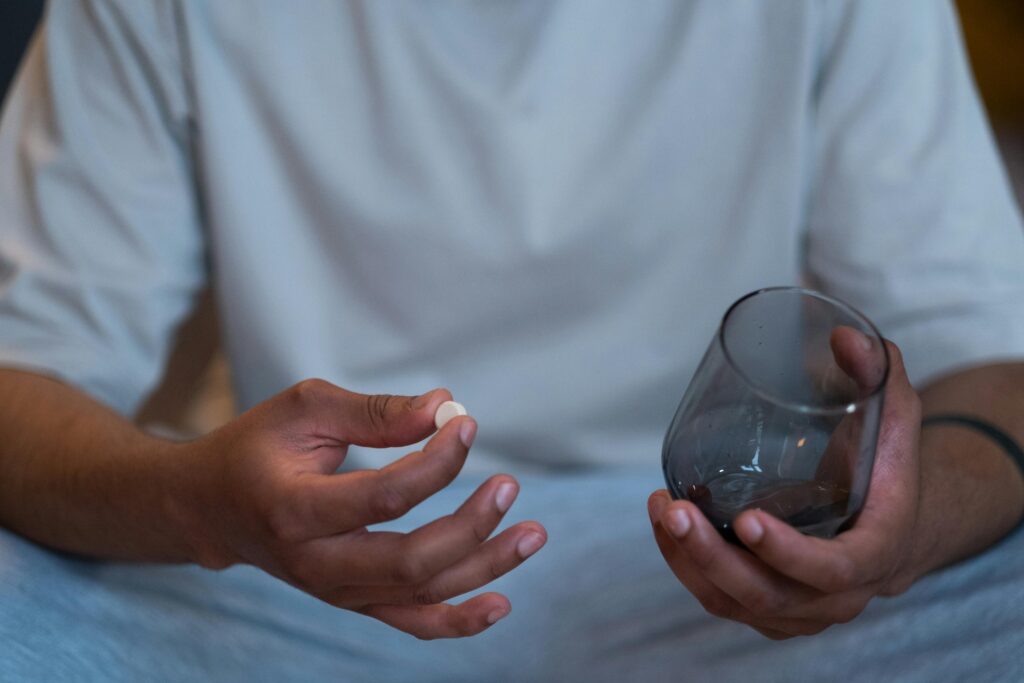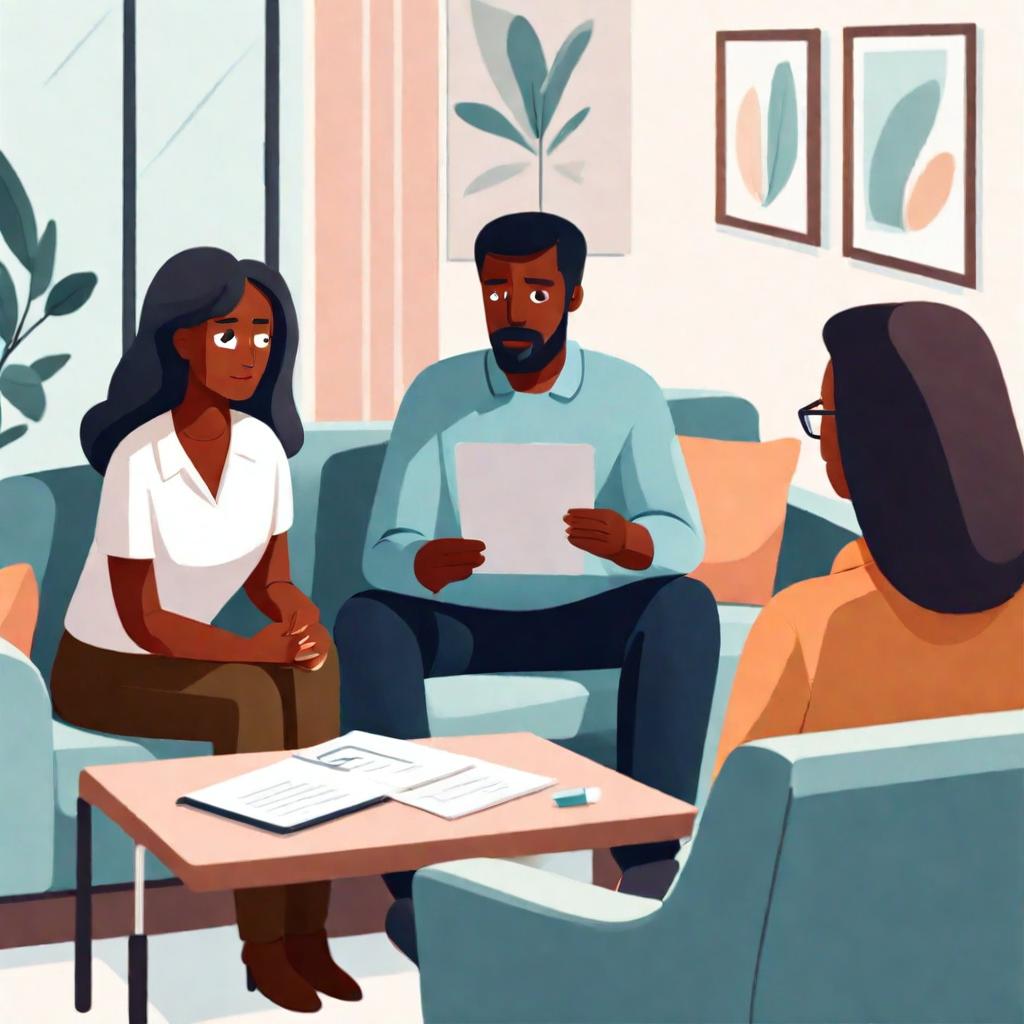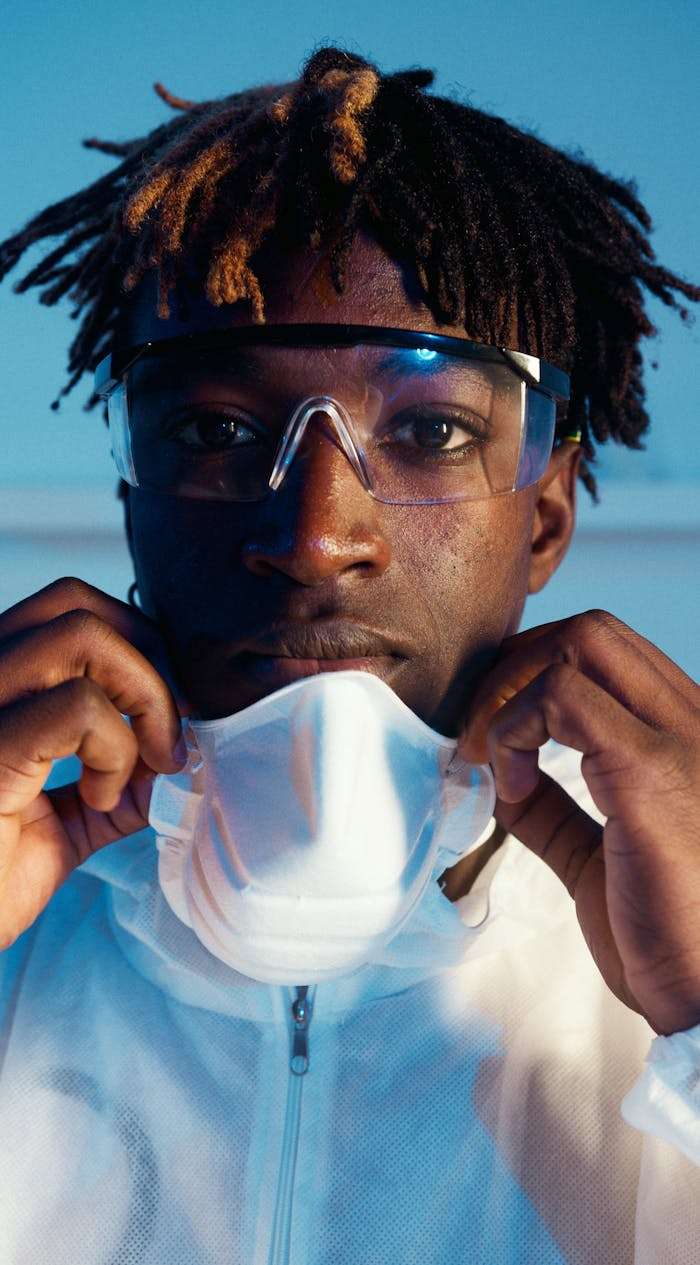Erectile dysfunction (ED) is a topic that many find uncomfortable to discuss, yet it’s a condition that affects millions of men worldwide. Despite its prevalence, ED remains shrouded in stigma and misunderstanding. However, with recent advancements in medical research and treatment options, there’s hope for those struggling with this condition. This article aims to shed light on the latest developments in ED treatment, offering expert advice and a compassionate understanding of this complex issue.
The Silent Struggle: Understanding Erectile Dysfunction
Erectile dysfunction, often referred to as impotence, is the inability to achieve or maintain an erection sufficient for satisfactory sexual performance. It’s a condition that can significantly impact a man’s self-esteem, relationships, and overall quality of life. While occasional difficulties with erections are not uncommon, persistent ED is a cause for concern and warrants medical attention.
Causes of Erectile Dysfunction
ED can result from a variety of physical and psychological factors. Common physical causes include cardiovascular diseases, diabetes, hormonal imbalances, and neurological disorders. Lifestyle factors such as smoking, excessive alcohol consumption, and obesity also play a significant role. On the psychological side, stress, anxiety, depression, and relationship issues can contribute to the condition. Often, ED arises from a combination of these factors, making it a complex issue to address.
Breakthrough Treatments: What’s New in ED Management
The field of erectile dysfunction treatment has seen significant advancements in recent years. From oral medications to innovative therapies, men now have more options than ever before. Here, we explore some of the most promising treatments available today.
1. Oral Medications: The Gold Standard

For many men, oral medications such as sildenafil (Viagra), tadalafil (Cialis), and vardenafil (Levitra) are the first line of treatment. These drugs, known as PDE5 inhibitors, work by enhancing blood flow to the penis, facilitating an erection in response to sexual stimulation. They have been proven effective for many men, though they do come with potential side effects, including headaches, flushing, and nasal congestion.
2. Hormone Therapy: Balancing Act
In cases where hormonal imbalances are the root cause of ED, hormone therapy may be recommended. Testosterone replacement therapy (TRT) can help restore normal levels of this crucial hormone, improving libido and erectile function. However, TRT is not suitable for everyone and requires careful monitoring by a healthcare provider due to potential risks, such as cardiovascular issues and prostate health concerns.
3. Shockwave Therapy: A Non-Invasive Solution
Shockwave therapy, also known as low-intensity extracorporeal shockwave therapy (LI-ESWT), is an emerging treatment that uses sound waves to stimulate blood vessel growth and improve blood flow to the penis. This non-invasive procedure has shown promising results in clinical trials, with many men experiencing improved erectile function without the need for medication. While more research is needed to fully understand its long-term efficacy, shockwave therapy represents a hopeful option for those seeking non-pharmaceutical treatments.
4. Penile Implants: A Permanent Fix
For men who do not respond to other treatments, penile implants offer a permanent solution. These devices, surgically inserted into the penis, can be either inflatable or semi-rigid. Inflatable implants allow for an erection on demand, while semi-rigid rods provide a more natural-looking solution. Though effective, penile implants are typically considered a last resort due to the invasive nature of the surgery and the potential for complications.
5. Psychological Counseling: Addressing the Mind
Given the significant role that psychological factors can play in ED, counseling or therapy is often an important component of treatment. Cognitive-behavioral therapy (CBT) and sex therapy can help address underlying issues such as anxiety, depression, and relationship problems. These therapies aim to reduce performance anxiety, improve communication with partners, and ultimately enhance sexual satisfaction.
Holistic Approaches: Lifestyle Changes and Natural Remedies
In addition to medical treatments, lifestyle changes and natural remedies can also play a crucial role in managing erectile dysfunction. Here are some holistic approaches that can complement traditional treatments:
1. Diet and Exercise: Building a Strong Foundation
A healthy diet and regular exercise are fundamental to overall well-being and can have a profound impact on erectile function. Foods rich in antioxidants, such as fruits and vegetables, and those high in omega-3 fatty acids, like fish, can improve cardiovascular health and blood flow. Regular physical activity helps maintain a healthy weight, reduces stress, and boosts testosterone levels, all of which can enhance erectile function.
2. Stress Management: Finding Balance
Chronic stress is a major contributor to ED, as it can interfere with the body’s ability to achieve an erection. Practicing stress management techniques, such as mindfulness meditation, yoga, and deep breathing exercises, can help reduce stress levels and improve sexual health. Ensuring adequate sleep and maintaining a balanced work-life schedule are also important for overall stress reduction.
3. Herbal Supplements: Nature’s Boost

Various herbal supplements have been touted for their potential benefits in treating ED. Ginseng, for example, has been shown to improve erectile function in some studies. Other herbs, such as L-arginine, yohimbe, and horny goat weed, are also commonly used. However, it’s important to approach these supplements with caution and consult with a healthcare provider, as they can interact with other medications and have side effects.
Navigating the Emotional Landscape: Support and Communication
Erectile dysfunction is not just a physical condition; it also has significant emotional and relational implications. Open communication with partners and seeking support from healthcare professionals can make a substantial difference in managing the condition.
1. Talking to Your Partner: Honesty and Openness
Discussing ED with a partner can be challenging, but it’s crucial for maintaining a healthy relationship. Honesty and openness about the condition can help partners understand the situation and work together to find solutions. It’s important to approach the conversation with sensitivity and to listen to each other’s concerns and feelings.
2. Professional Support: Seeking Help

Seeking help from a healthcare provider is essential for diagnosing and treating ED. Urologists, endocrinologists, and mental health professionals can provide valuable insights and treatment options. Support groups and online forums can also offer a sense of community and shared experience, helping men feel less isolated in their struggle.
Real Stories: Overcoming Erectile Dysfunction
Hearing from others who have successfully managed ED can be inspiring and offer practical insights. Here, we share stories from men who have navigated the challenges of erectile dysfunction and found effective treatments.
1. John’s Journey: Embracing Therapy
John, a 52-year-old marketing executive, struggled with ED for several years. After trying various medications with limited success, he decided to seek therapy. Working with a sex therapist, John addressed underlying anxiety and stress that were contributing to his condition. Through a combination of cognitive-behavioral therapy and mindfulness practices, John experienced significant improvement in his erectile function and overall well-being.
2. Mike’s Success with Shockwave Therapy
Mike, a 45-year-old engineer, was hesitant to try medications due to their side effects. Instead, he opted for shockwave therapy after reading about its promising results. After several sessions, Mike noticed a marked improvement in his erections and sexual performance. The non-invasive nature of the treatment and the lack of side effects made it an ideal choice for him.
3. Robert’s Lifestyle Overhaul
At 60, Robert realized that his lifestyle choices were impacting his sexual health. With the guidance of a nutritionist and a personal trainer, he embarked on a journey to improve his diet and increase his physical activity. By adopting a Mediterranean diet and engaging in regular cardio exercises, Robert not only lost weight but also saw significant improvements in his erectile function.
Conclusion: Hope and Help for Erectile Dysfunction
Erectile dysfunction is a multifaceted condition that can significantly impact a man’s life. However, with the array of treatment options available today, from medications and innovative therapies to lifestyle changes and psychological support, there is hope for those struggling with ED. By seeking help, communicating openly with partners, and embracing a holistic approach to health, men can overcome the challenges of erectile dysfunction and lead fulfilling, healthy lives.
We invite you to share your thoughts and experiences in the comments below. Your insights and stories can help others feel less alone in their journey and foster a supportive community.


